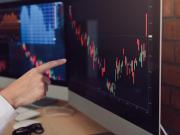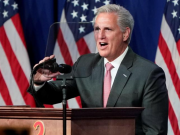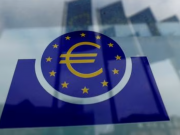US stocks eked out modest gains in the past week as Wall Street digested the Federal Reserve's meeting minutes and a slew of economic data. For the week ending Friday, the Dow was roughly unchanged, the S&P 500 rose 0.7 percent, and the Nasdaq gained 2.7 percent, Xinhua news agency reported on Saturday.
The S&P US Listed China 50 index, which is designed to track the performance of the 50 largest Chinese companies listed on US exchanges by total market cap, logged a weekly rise of 2.8 percent.
US Central Bank Highlights Economic Uncertainty
It was a big week for Apple as the tech giant hit a market cap of US $2 trillion on Wednesday to become the first publicly traded US company to reach the milestone. With the new achievement, Apple doubled its valuation in about two years. The US central bank on Wednesday released the minutes from its July meeting, highlighting uncertainty over the economy.
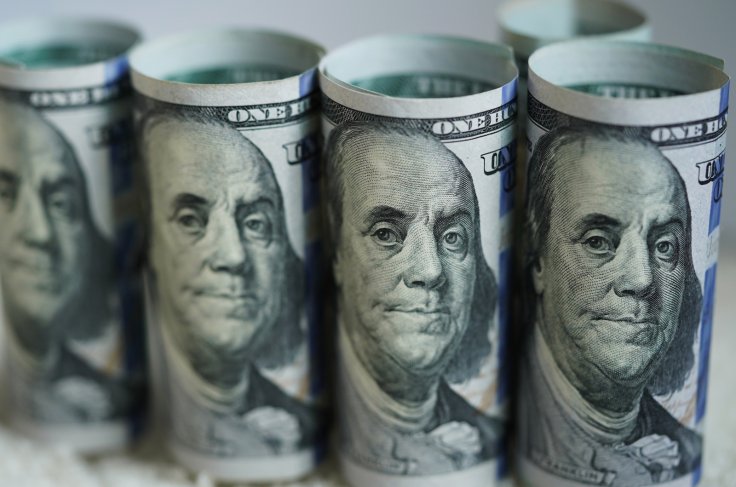
"Members agreed that the ongoing public health crisis would weigh heavily on economic activity, employment, and inflation in the near term and was posing considerable risks to the economic outlook over the medium term," said the minutes.
While reaffirming its commitment to using a full range of tools to support the US economy during this challenging time, the Fed noted the path of the economy would depend significantly on the course of the virus. The Fed slashed interest rates to near-zero earlier this year in an effort to support the economy amid the pandemic shock.
Increased Level of Joblessness
Confirmed COVID-19 cases in the United States hit over 5.65 million and deaths topped 176,000 as of Saturday afternoon, according to a tally by Johns Hopkins University. Recent economic data painted a picture of a US economy that was trickling back to life, but not in full force.
Flash US Composite Output Index registered 54.7 in August, up from the July reading of 50.3, London-based global information provider IHS Markit reported on Friday. The number of Americans filing for unemployment benefits jumped back above 1 million last week, reflecting a still-elevated level of joblessness in the nation.
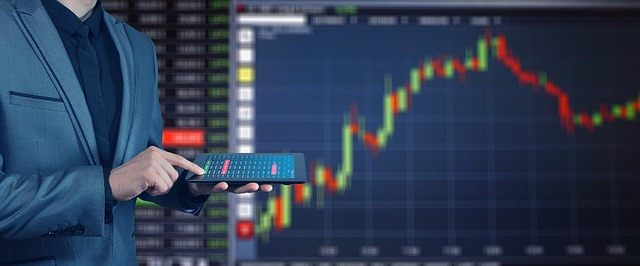
US initial jobless claims, a rough way to measure layoffs, increased by 135,000 to 1.106 million in the week ending August 15, the Department of Labor reported on Thursday. Economists polled by MarketWatch had forecast 910,000 new claims during the week. US homebuilder confidence rose six points to 78 in August, matching the record set in 1998, showed the latest National Association of Home Builders/Wells Fargo Housing Market Index.
Persistence of Weak Economic Data
The Empire State manufacturing index, a key metric to gauge business activity growth in New York State, fell to 3.7 in August from 17.2 in July, signaling a slower pace of growth, the New York Federal Reserve said Monday. Economists had expected a reading of 17, according to a survey by Econoday.
"Weak economic data is likely to persist for months or maybe even quarters to come, as the pandemic continues to deliver headwinds on growth," Mitch Zacks, CEO at Zacks Investment Management, said in a note on Saturday.
"Equity investors should be less focused on this nearer-term economic data and more focused on where corporate earnings and the economy are likely to be a year from now, or even by the end of 2021," he added.






